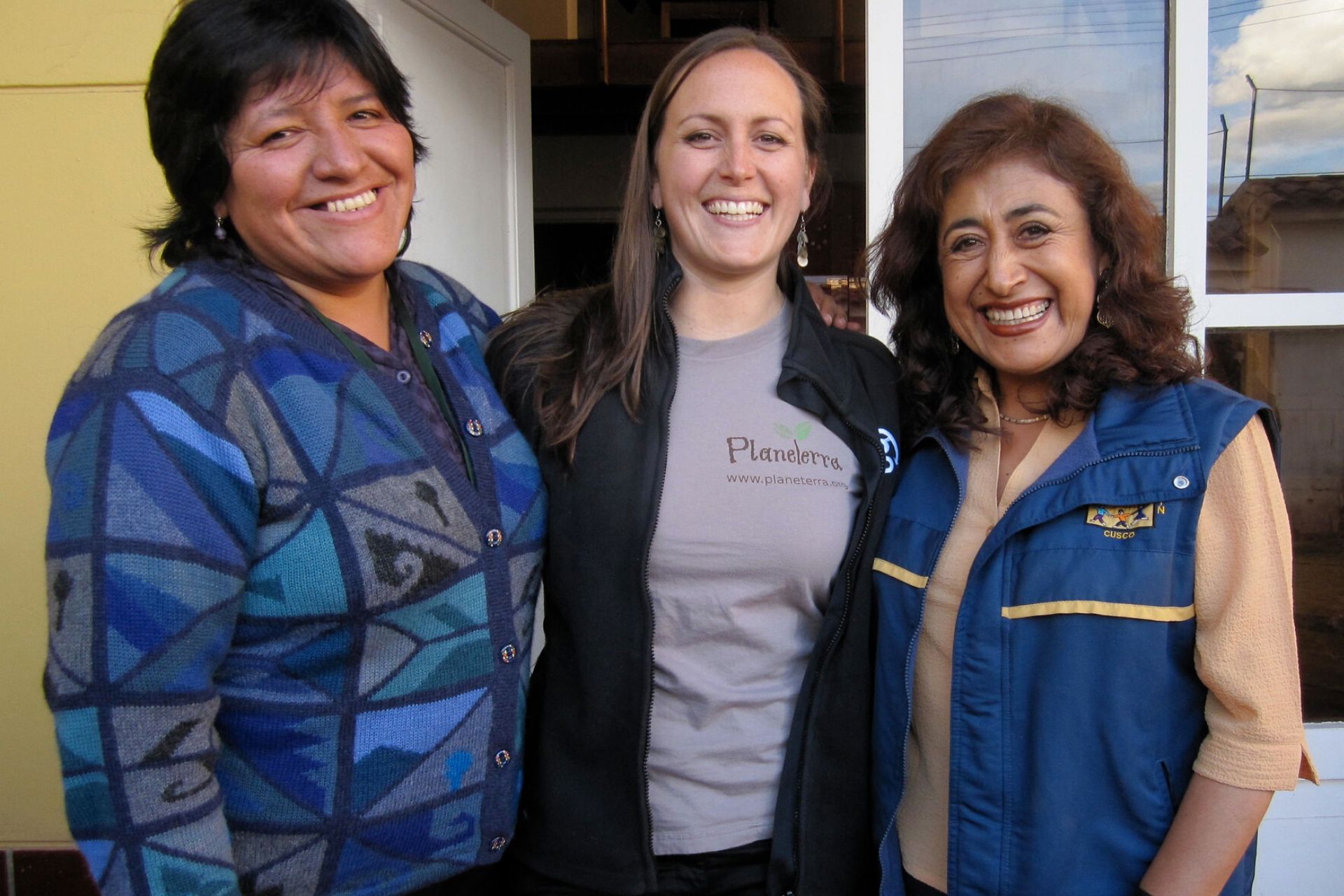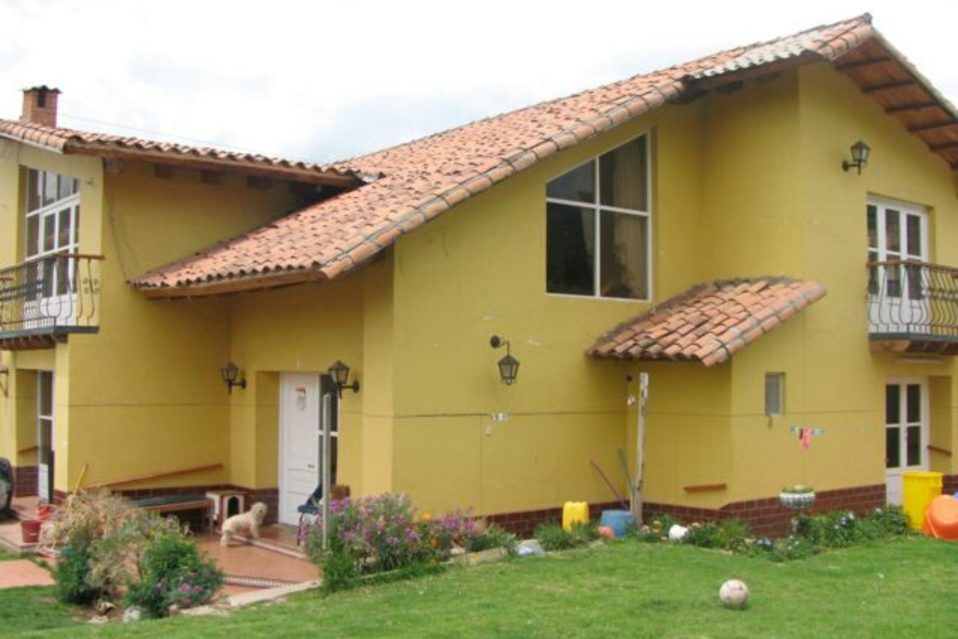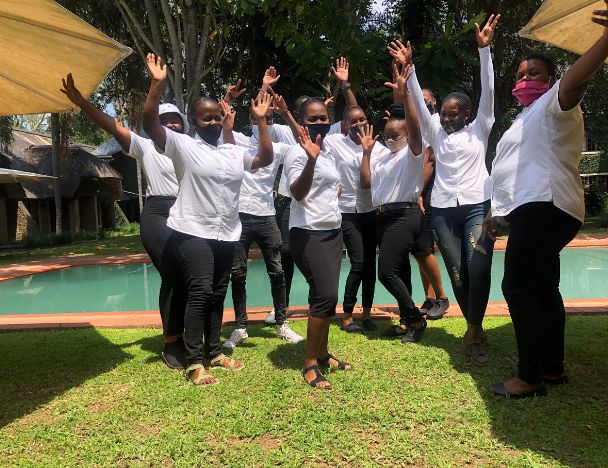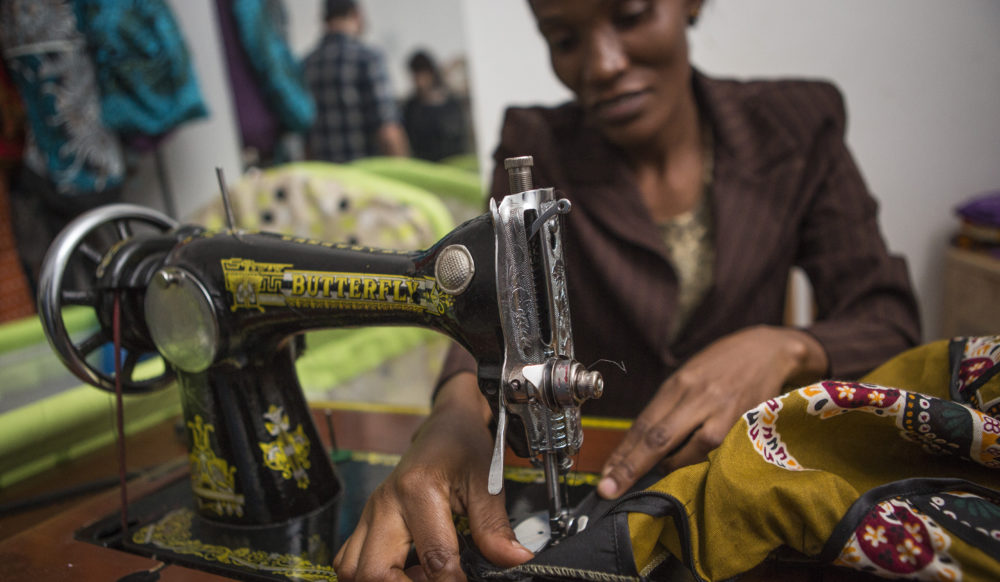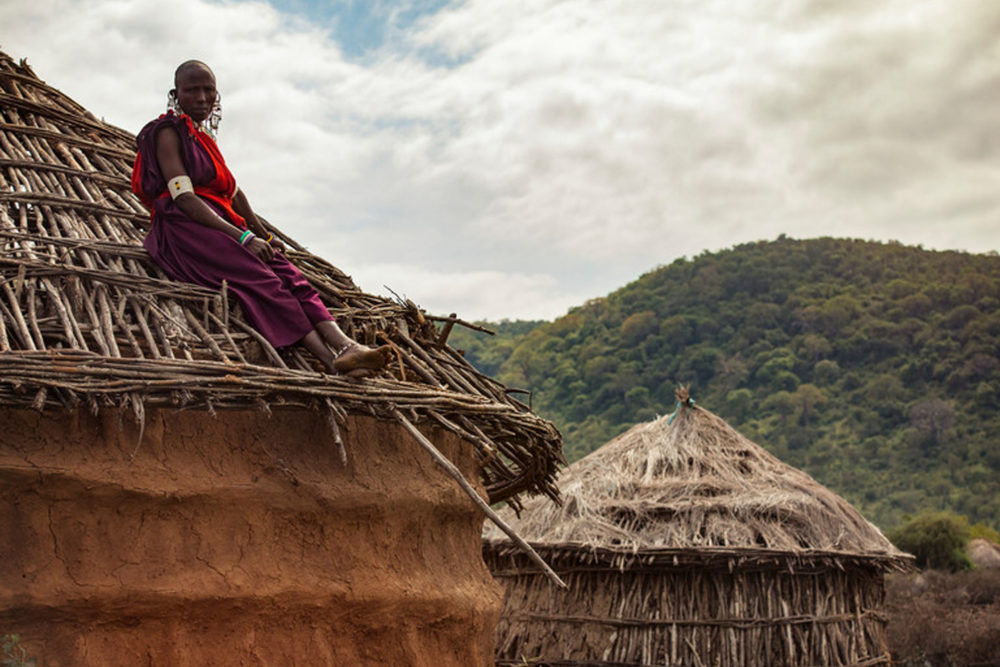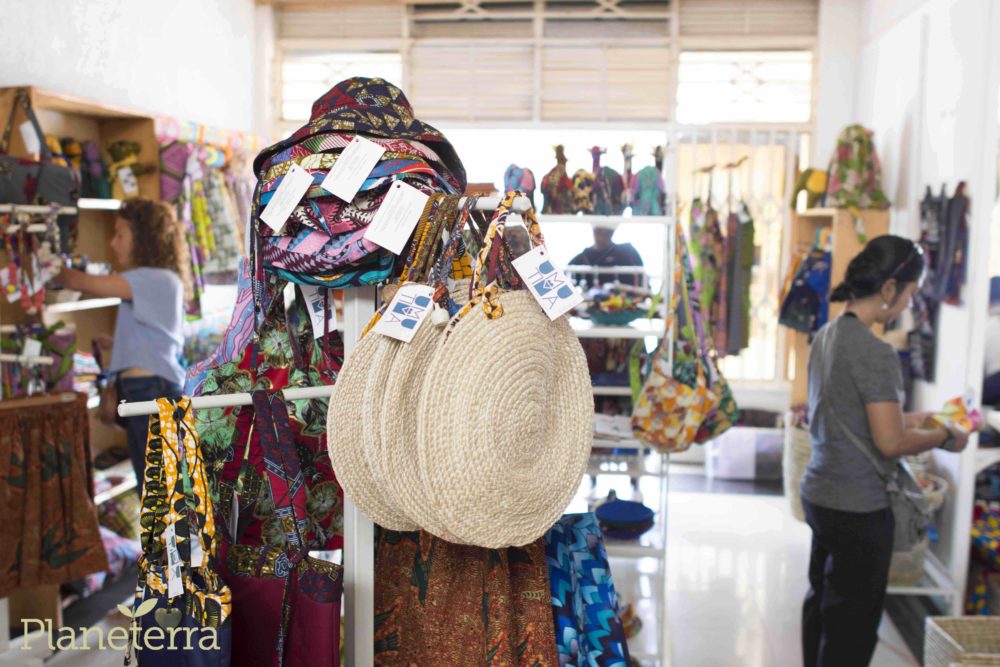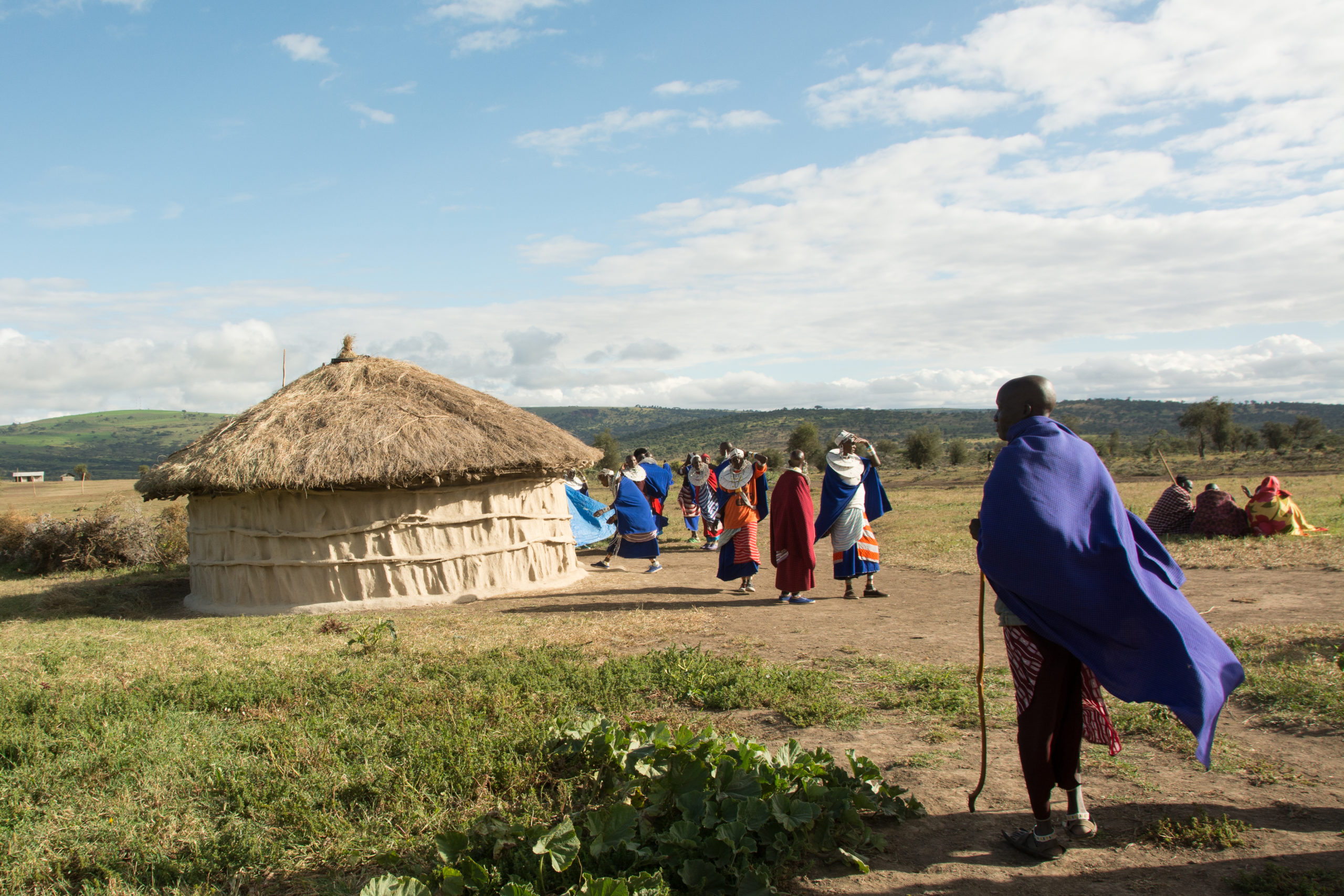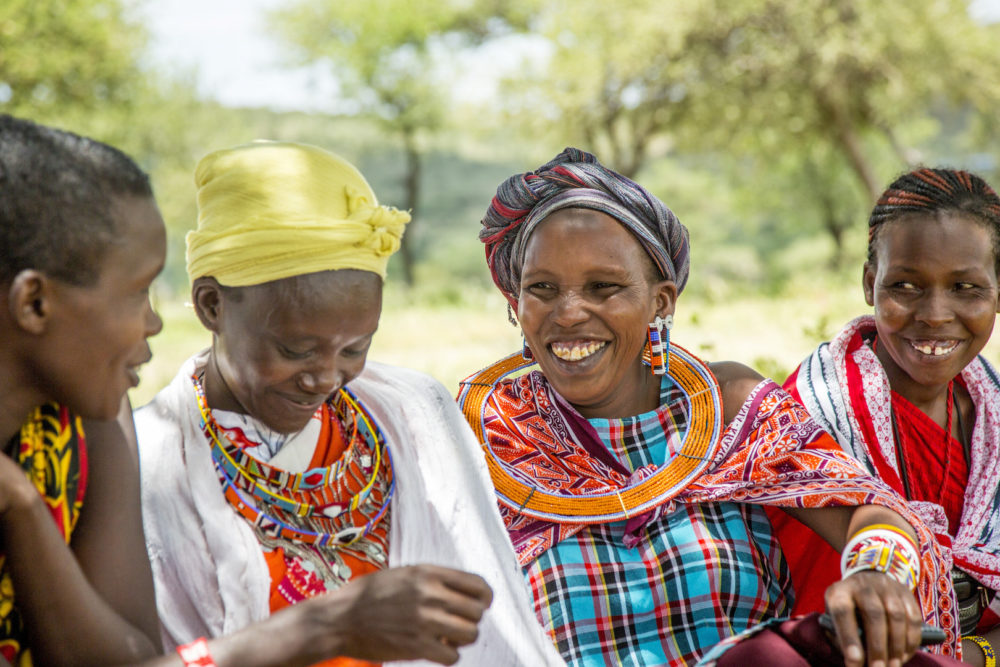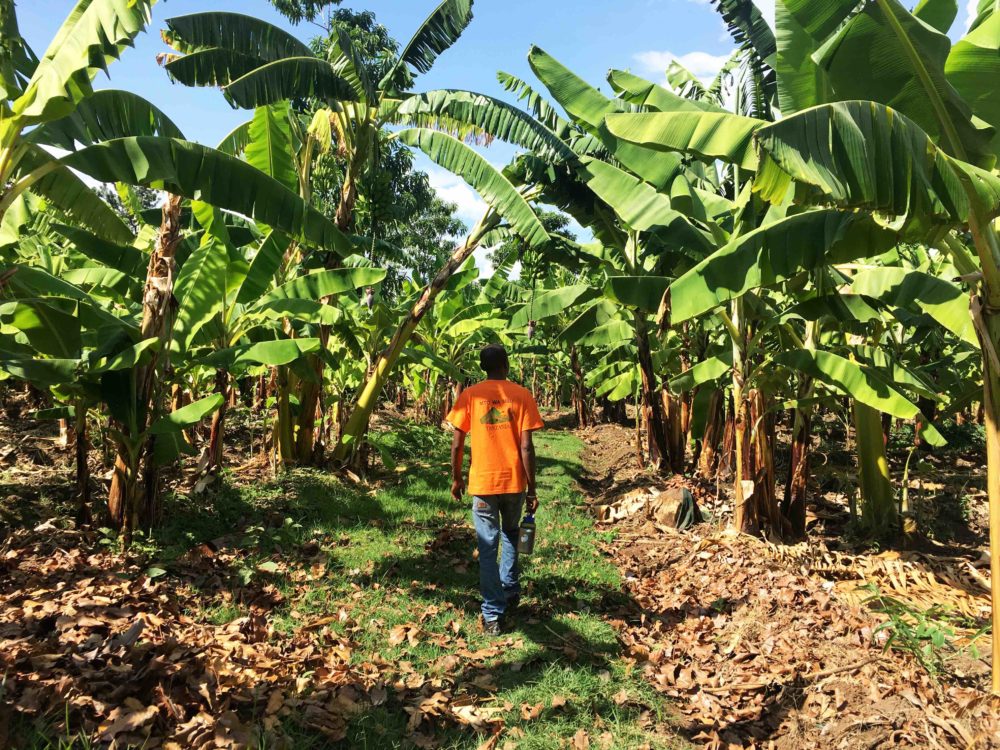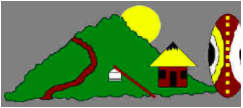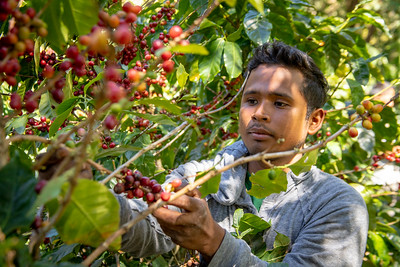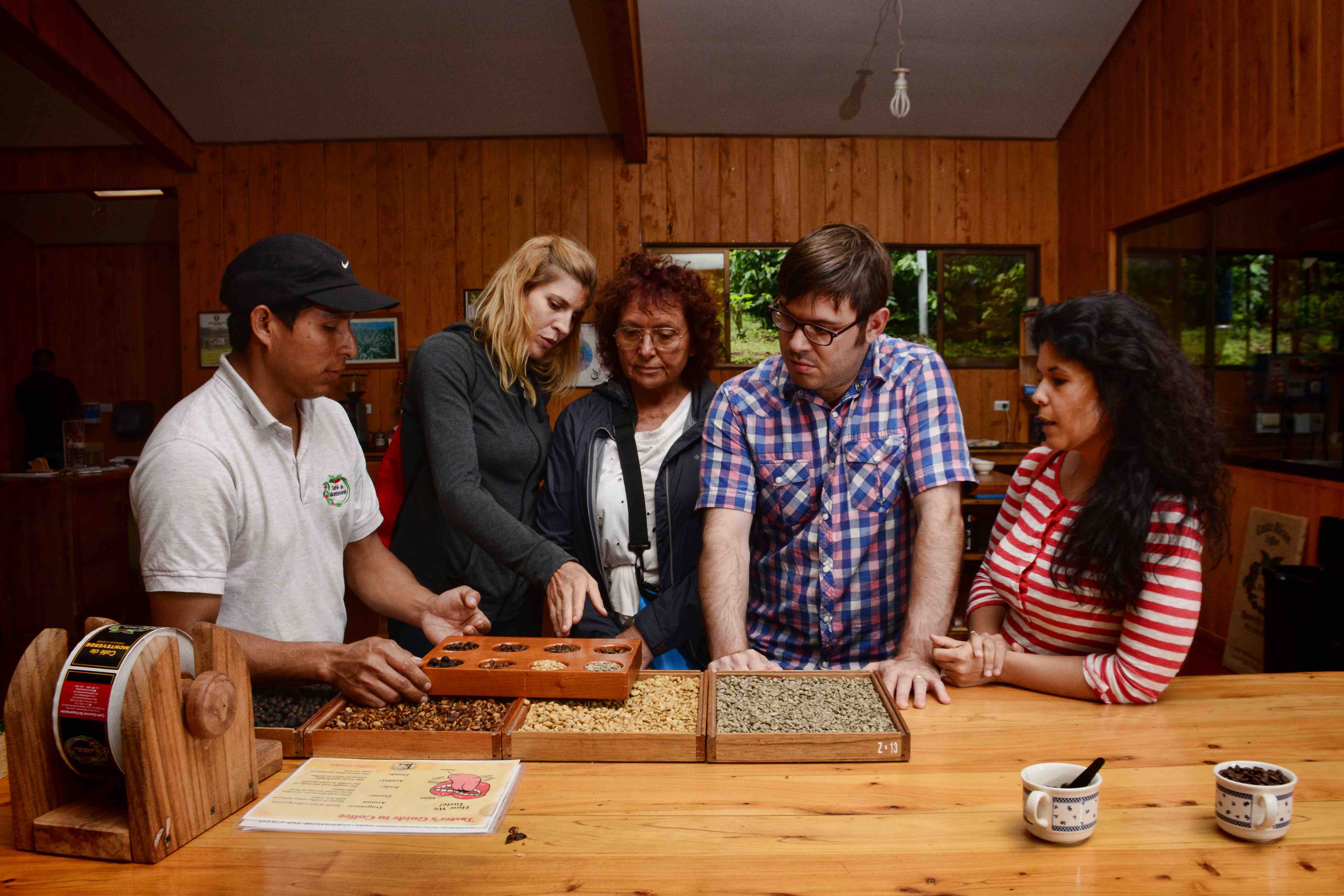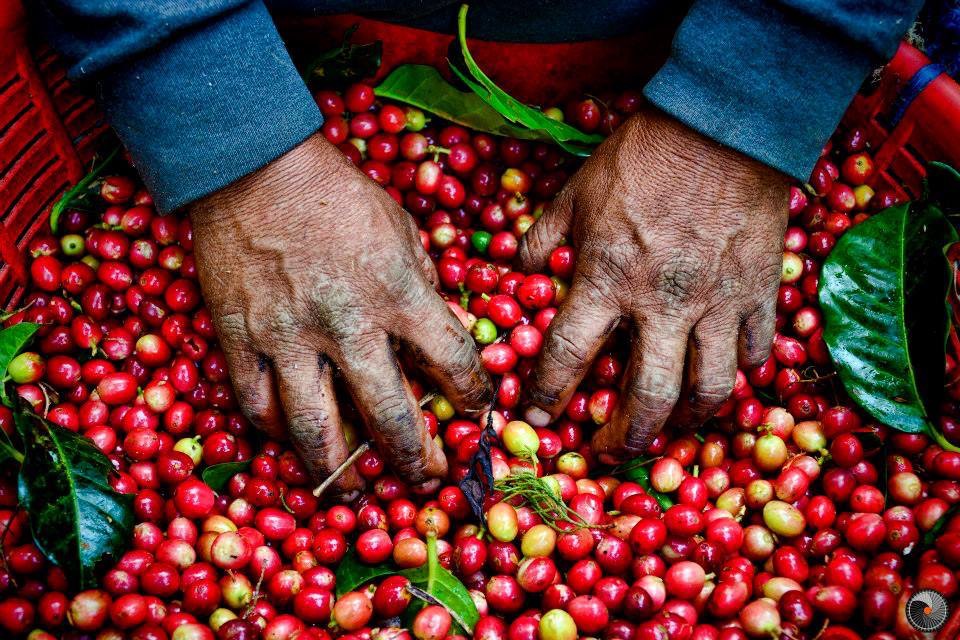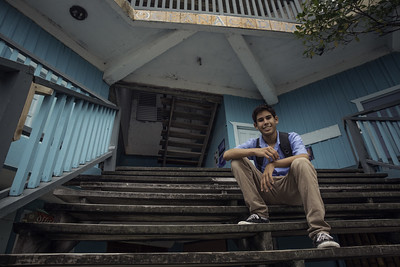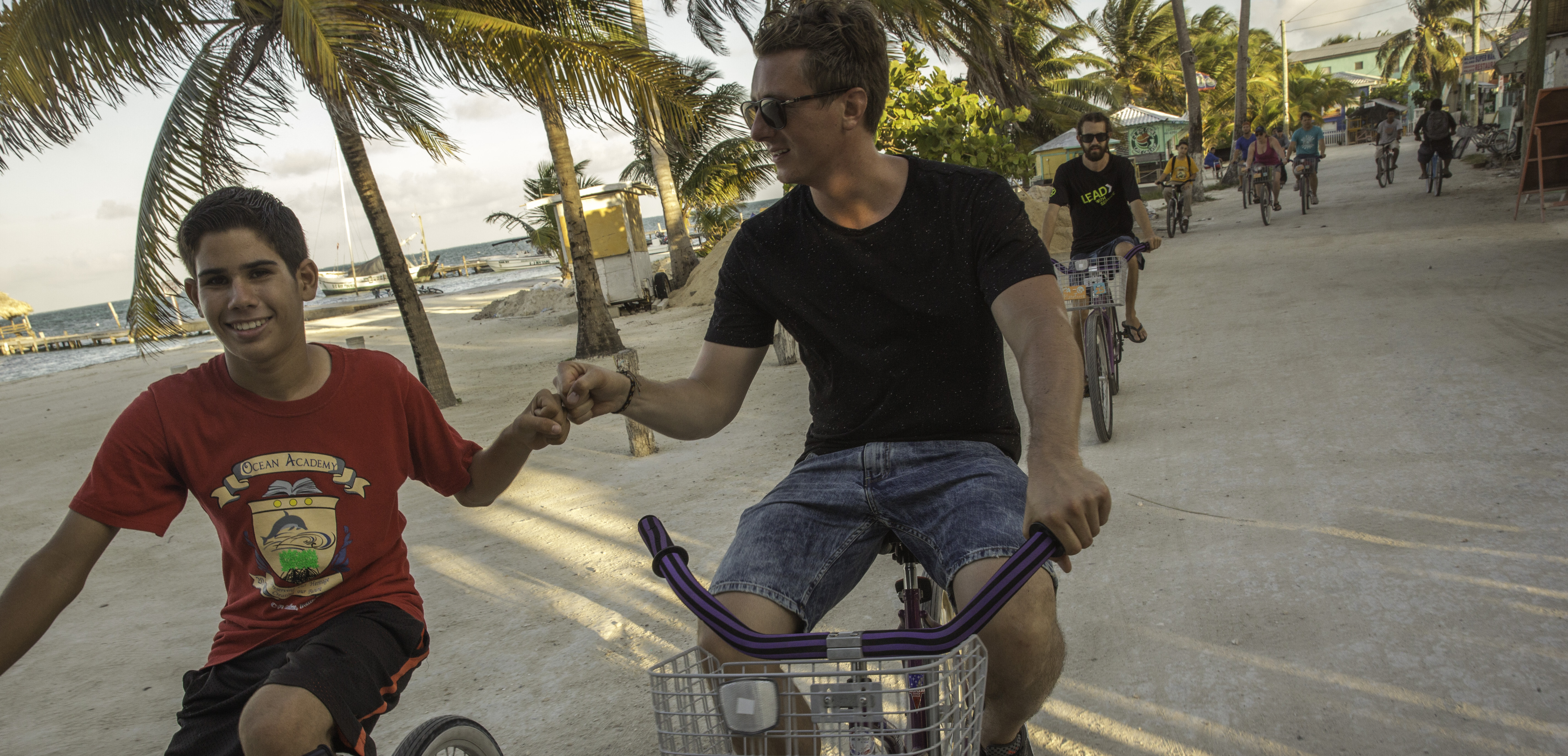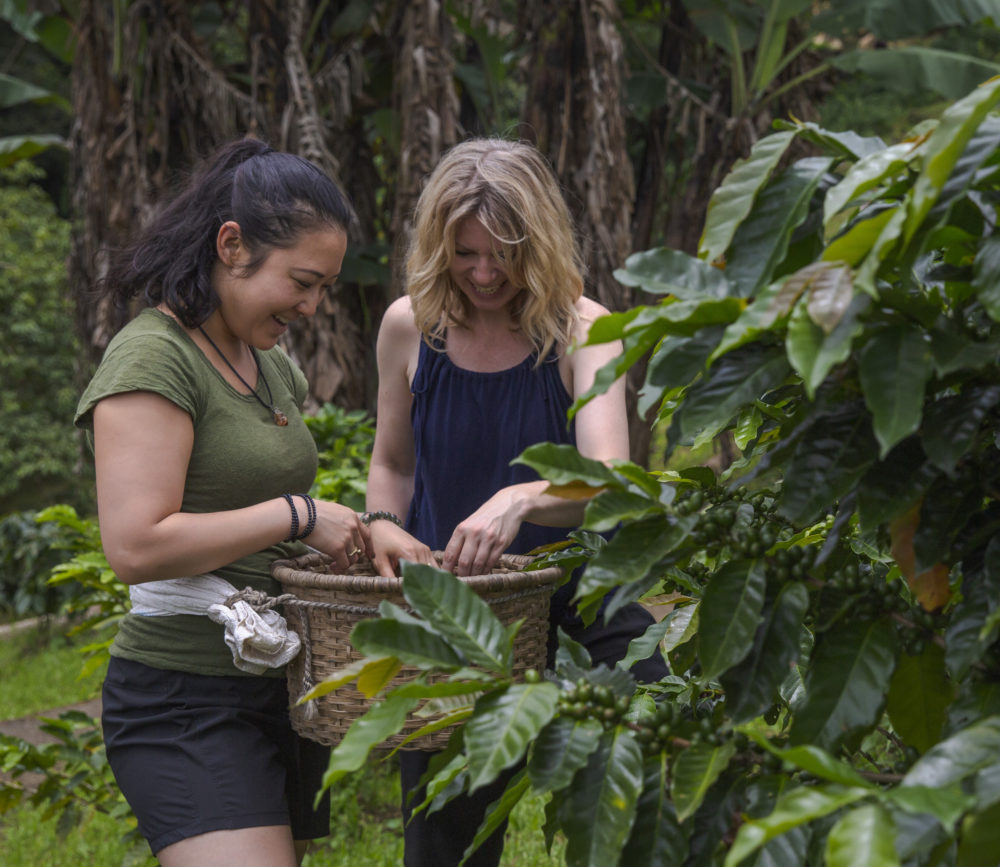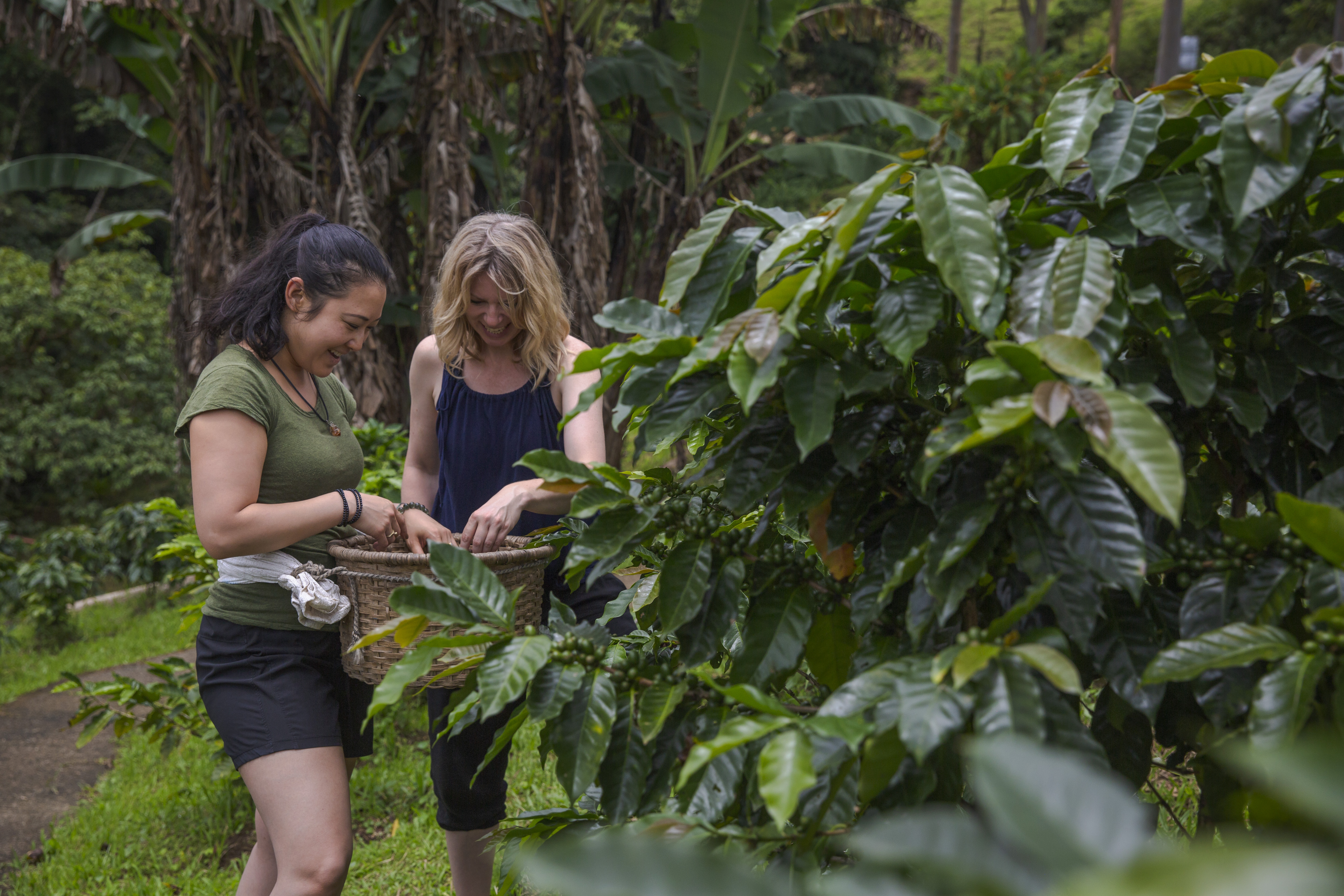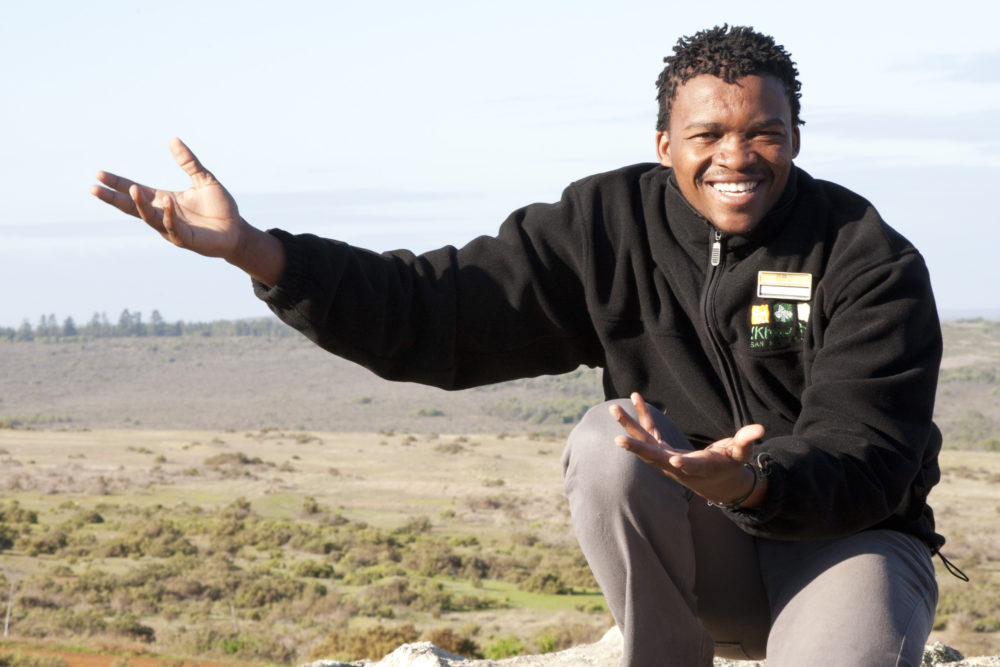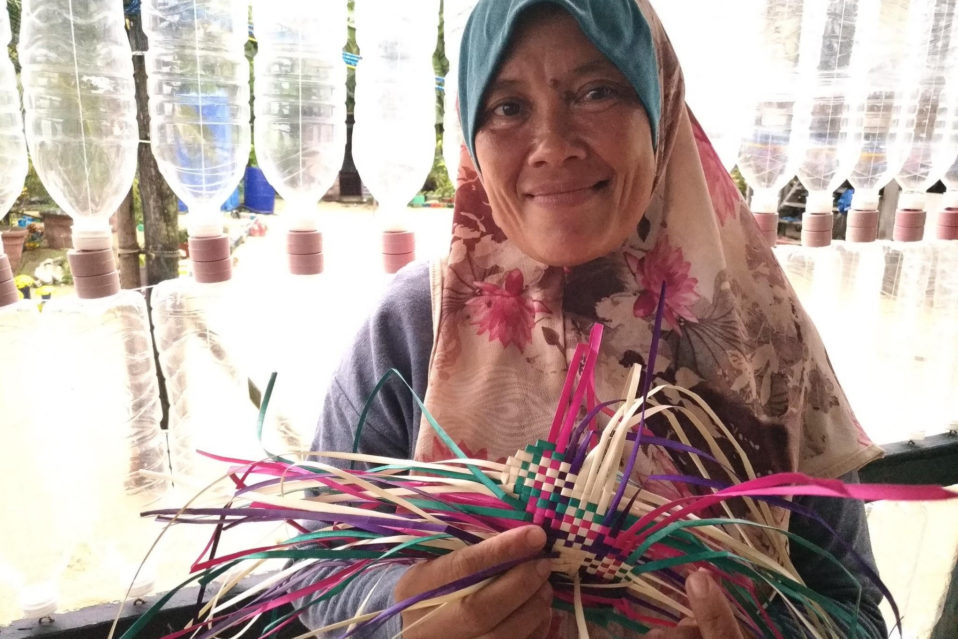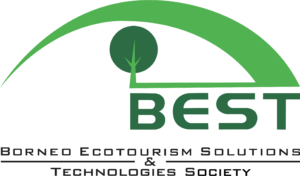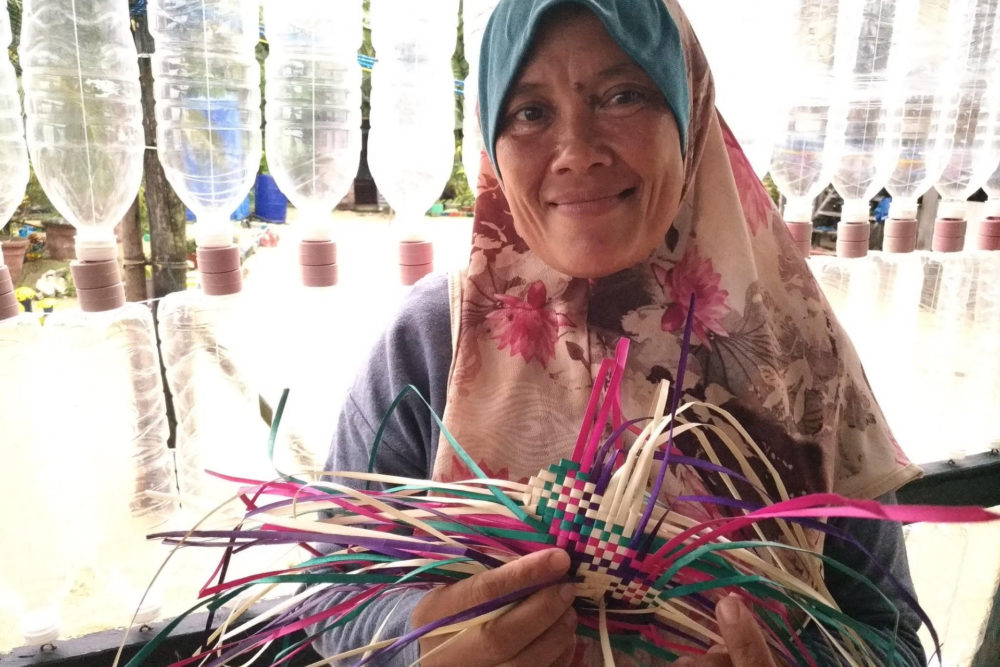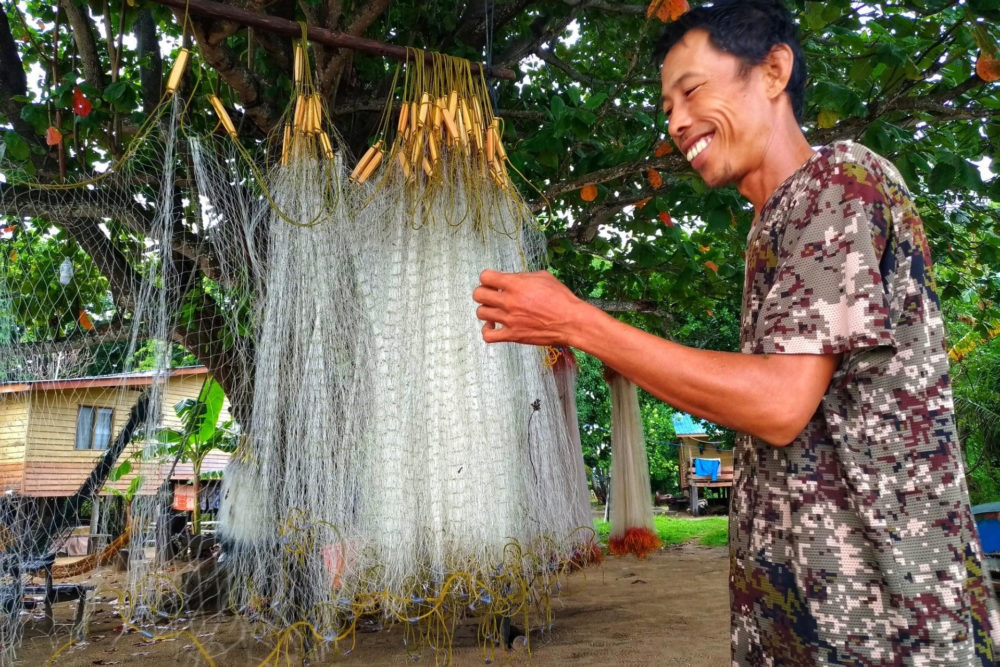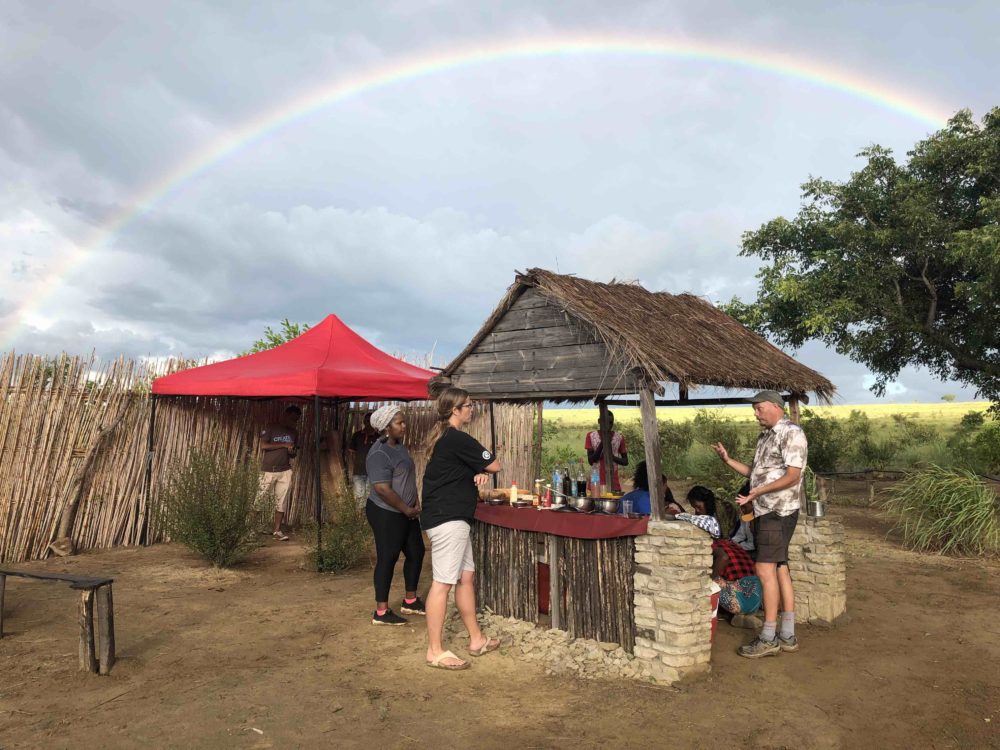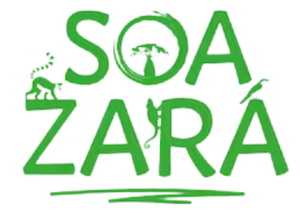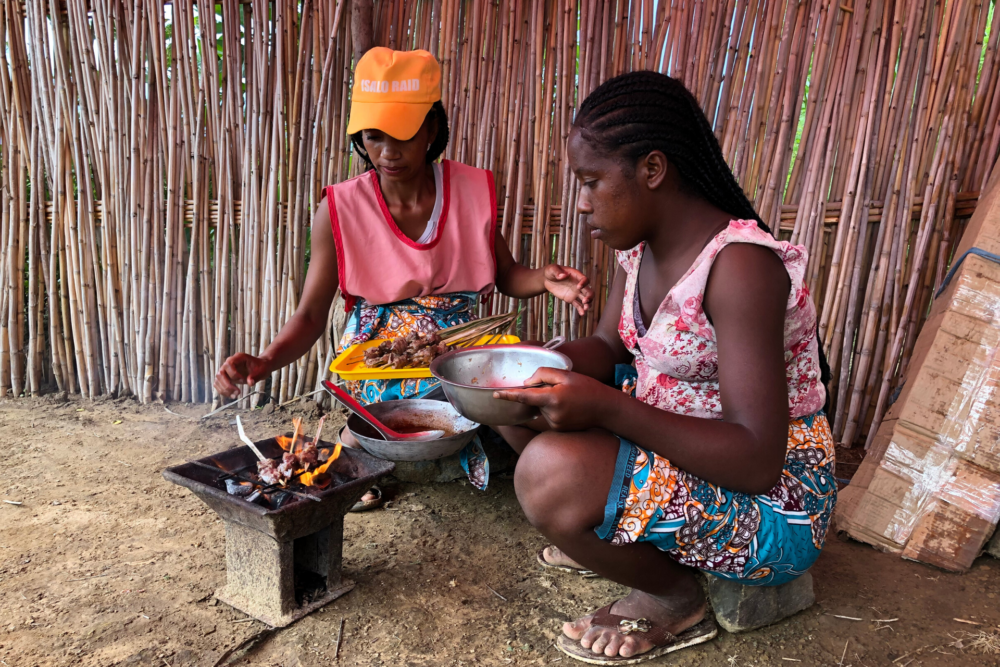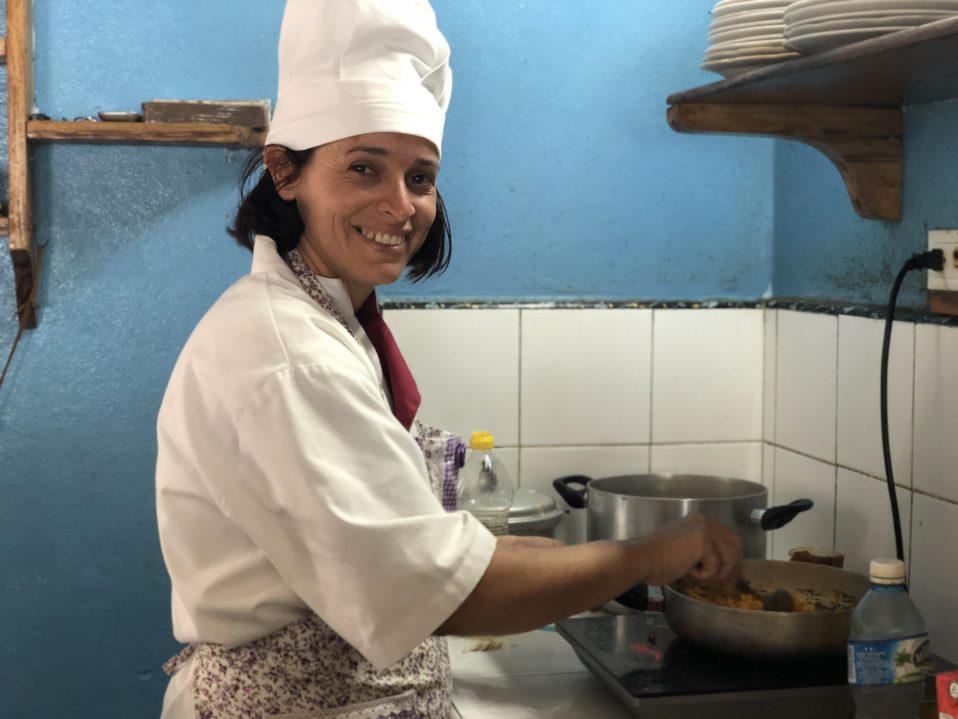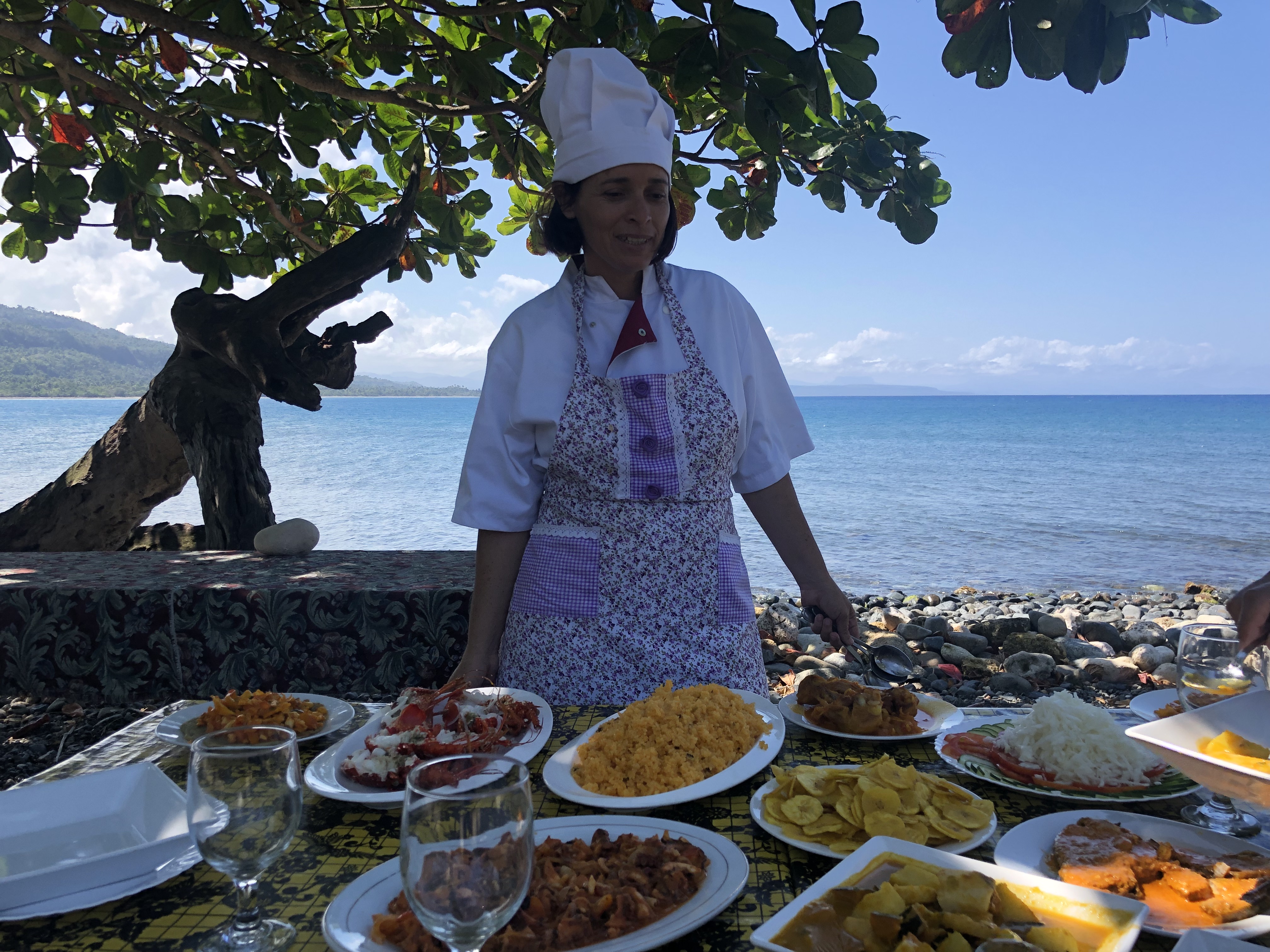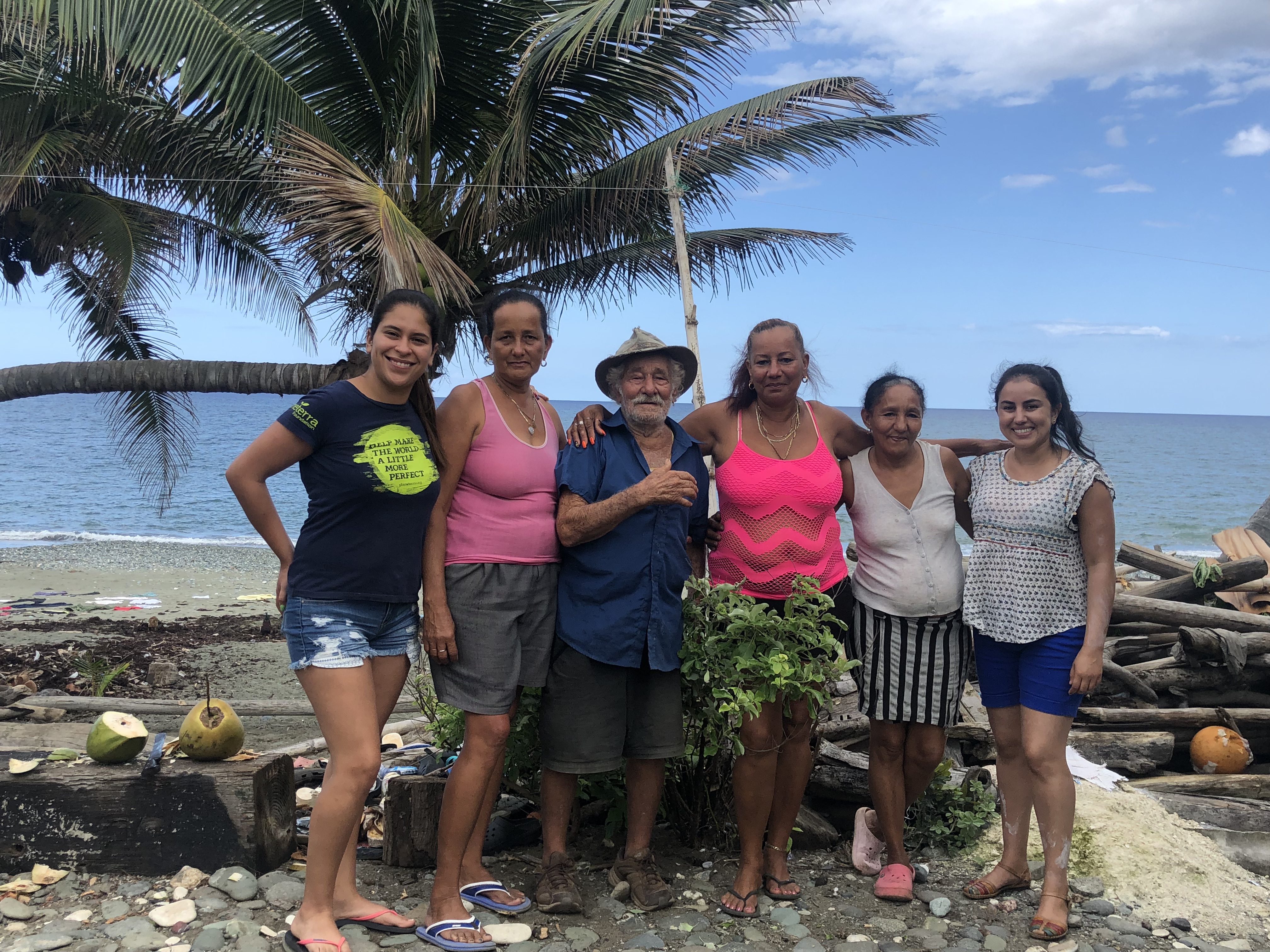Cuzco Youth Drop-in Centre "Inti Runakunaq Wasin"
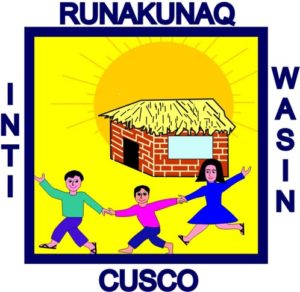
Impact
Thanks to a partnership with Planeterra, Inti Runakunaq Wasin has been able to grow as an organization and has expanded to five other locations throughout the country where children are more vulnerable: San Jeronimo, Ccatcca, Huayopata and Quillabamba. In these locations, they have implemented four other centres for well-being called “Centros para el Buen Vivir” (Centres for Good Living) impacting and benefiting more than 2,600 children, adolescents and young adults. Now, these children and young adults have recognized their own potential while also developing their creativity and social skills so that they can face the future with optimism and confidence in themselves.

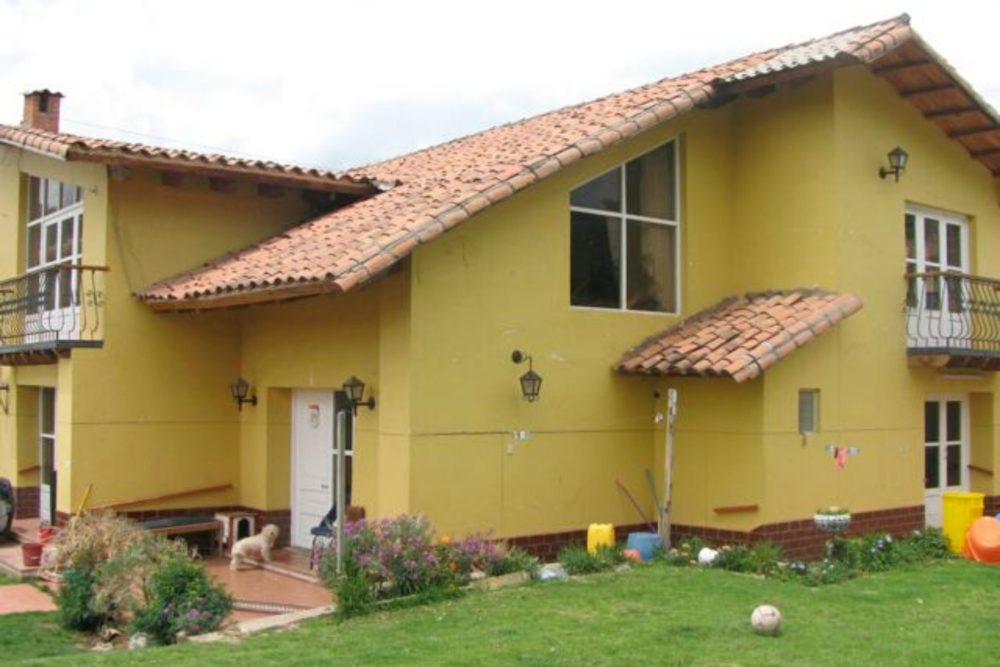
Critical Need
Despite Cuzco being one of the most touristic cities in Peru, social problems persist in the population. According to a study of National Comprehensive Programs for Family Welfare (INABIF), there are 26,000 children and adolescents who have been abandoned by their families or they have fled their homes in order to avoid forms of domestic violence in Peru. Frequently, these children are prone to begging, homelessness, crime, addictions, and victims of sexual exploitation. Their situation also prevents them from accessing education, protection and nutrition leading to poor health.
In Cuzco there is a lack of support and lack of programs for families, children, young adults and people with different abilities. This has resulted in many to turn to the street for support including children(economically and socially), especially since the boom of tourism in Cuzco began. This need was what prompted Planeterra founder, Bruce Poon Tip, to support a sustainable program for this community back in 2004.
Inti Runakunaq Wasin (IRW) is a non-profit organization with 19 years of institutional experience, whose mission is to contribute to the development of children, adolescents and young people who are victims of family violence.
Our Involvement
Planeterra partnered with Inti Runakunaq Wasin to support the development of children, adolescents, young people, women and people with special needs who are at risk, abandoned victims of domestic violence or those looking to improve their quality of life by promoting positive participation in their communities and families.
Planeterra funded the purchase of their main centre in 2009 so that they could have a permanent place for a voluntary drop-in centre, now known as Inti Runakunaq Wasin “The House of Children of the Sun” where children and youth grow and flourish with different educational training, workshop, occupational and income generation programs.
